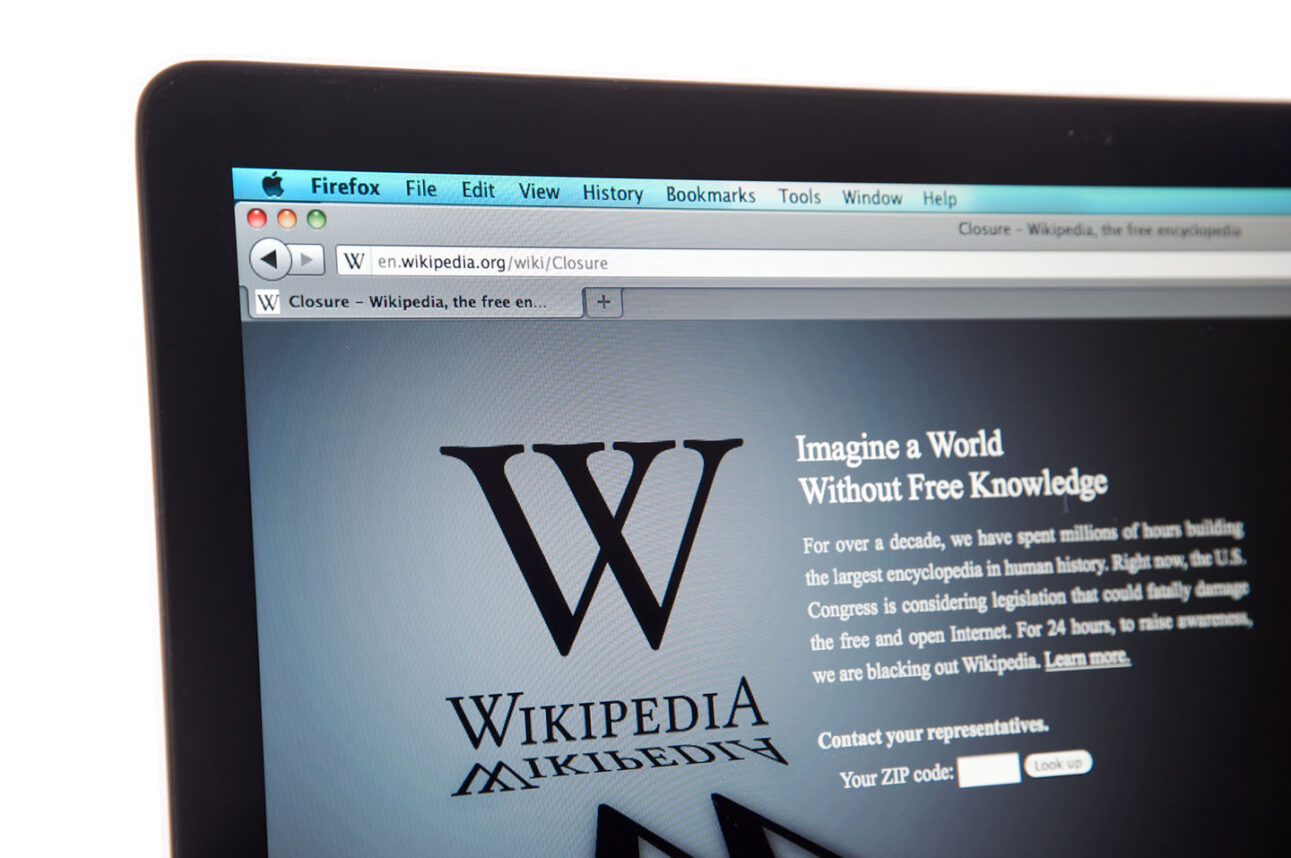
The Media Line — The first batch of vaccines from Pfizer-BioNTech arrived in a flourish Wednesday morning as Israel’s Prime Minister Binyamin Netanyahu met the cargo plane at Ben-Gurion International Airport.
Most of the rest of the Middle East and North Africa region is still waiting. Every country is making its own bet for when its chosen COVID-19 vaccine will be ready and when it will arrive. Some, like Israel, Bahrain, Egypt and Qatar, are hedging their wagers by making agreements with more than one manufacturer.
For instance, on December 4, Bahrain announced emergency-use authorization for the Pfizer-BioNTech vaccine. It has also approved Sinopharm’s vaccine for use by frontline workers.
Around the region and the world, testing and regulatory approval mechanisms are moving ahead for current vaccine leaders Moderna, Sinopharm, Sinovac, Pfizer-BioNTech, AstraZeneca, Novavax and Sputnik V.
Still, safety issues due to reported side effects remain a concern. Adverse effects such as fatigue, headaches, chills, muscle pain, fever and joint pain are reported to be some of the most common side effects from the Pfizer-BioNTech vaccine testing. Some receiving the vaccine had more than one reaction.
Studies for this vaccine showed that, in general, older populations suffered less than younger ones.
AstraZeneca’s trials in the UK were held up in early September due to adverse effects in specific cases. And just this week, UK regulators warned that people with a history of significant allergic reactions should not receive the Pfizer-BioNTech COVID-19 vaccine following severe allergic reactions of two health workers.
Prof. Nadav Davidovitch, director of the School of Public Health at Beersheba’s Ben-Gurion University Faculty of Health Sciences, told The Media Line, “There is intense international surveillance of the vaccines.
“Due to what happened this week in the UK where two people had anaphylactoid reactions to the vaccine, new restrictions are to be put in place. People with previous severe allergic reactions to vaccines will not receive the inoculations,” Davidovitch said.
Others not receiving the vaccine will be pregnant women, children under 16 and those with compromised immune systems, he noted. “Until we know more, those groups will not get the vaccine,” he said.
“We still don’t know many things including whether vaccinated people can transmit the coronavirus to others. We also don’t know how long the vaccine will work. We may need booster shots later. These questions will only be answered in years,” Davidovitch concluded.
On Wednesday, the United Arab Emirates Health Ministry registered Sinopharm’s (the China National Pharmaceutical Group Corp.’s) vaccine, saying it was 86% effective and “analysis shows no serious safety concerns.”
Qatar has signed deals with Pfizer-BioNTech and Moderna to receive their vaccines when approved. Assuming the Pfizer-BioNTech gets regulatory approval, Qatar will start receiving vaccine shipments by the end of this year or very early in 2021.
Kuwait has signed a deal with Pfizer-BioNTech for 1 million doses, with the first batch of around 150,000 arriving by the end of 2020, pending regulatory approval.
Lebanon is scheduled to receive the vaccines it purchased from Pfizer-BioNTech in the first quarter of 2021. Lebanon is also a participant in the COVAX global initiative to secure countries with equitable access to vaccines.
Egypt is securing enough vaccines from Pfizer-BioNTech to inoculate 20% of the population, with the AstraZeneca vaccine to meet another 30% of the country’s needs.
Jordan has ordered 2 million doses of the Pfizer-BioNTech vaccine.
Saudi Arabia has registered the Pfizer-BioNTech vaccine, and procedures for import are beginning with vaccines scheduled to arrive in weeks.
Morocco has participated in Sinopharm’s testing.
Oman is negotiating with GAVI (the Global Alliance for Vaccines and Immunization), a public–private global health partnership with the goal of increasing access to immunization in poor countries, to obtain 700,000 doses once a vaccine is approved and produced.
Here are the latest COVID-19 numbers for the Middle East and North Africa as of 4 pm Greenwich Mean Time (UTC±0) on Thursday.
Country |
Confirmed cases | Deaths | Recovered | Active Cases |
| Afghanistan | 48,753 | 1,939 | 38,221 | 8,593 |
| Algeria | 90,014 | 2,554 | 58,146 | 29,314 |
| Bahrain | 88,495 | 347 | 86,518 | 1,630 |
| Cyprus | 13,286 | 68 | 2,057 | 11,161 |
| Djibouti | 5,717 | 61 | 5,599 | 57 |
| Egypt | 119,702 | 6,832 | 104,074 | 8,796 |
| Iran | 1,083,023 | 51,496 | 778,167 | 253,360 |
| Iraq | 571,253 | 12,526 | 501,967 | 56,760 |
| Israel | 351,579 | 2,937 | 332,645 | 15,997 |
| Jordan | 253,121 | 3,250 | 206,638 | 43,233 |
| Kuwait | 145,204 | 905 | 140,989 | 3,310 |
| Lebanon | 140,409 | 1,156 | 94,042 | 45,211 |
| Libya | 89,183 | 1,273 | 59,222 | 28,688 |
| Mauritania | 10,105 | 202 | 7,925 | 1,978 |
| Morocco | 388,184 | 6,427 | 341,685 | 40,072 |
| Oman | 125,669 | 1,463 | 117,327 | 6,879 |
| Pakistan | 429,280 | 8,603 | 374,301 | 46,376 |
| Palestinian Territories | 104,879 | 910 | 78,715 | 25,254 |
| Qatar | 140,516 | 240 | 138,033 | 2,243 |
| Saudi Arabia | 359,274 | 6,002 | 349,624 | 3,648 |
| Somalia | 4,579 | 121 | 3,529 | 929 |
| Sudan | 20,468 | 1,319 | 11,673 | 7,476 |
| Syria | 8,675 | 465 | 4,114 | 4,096 |
| Tunisia | 106,856 | 3,717 | 81,204 | 21,935 |
| Turkey | 955,766 | 15,751 | 452,593 | 487,422 |
| United Arab Emirates | 181,405 | 602 | 161,741 | 19,062 |
| Yemen | 2,079 | 606 | 1,383 | 90 |
| Total | 5,837,474 | 131,772 | 4,532,132 | 1,173,570 |























 More news and opinions than at a Shabbat dinner, right in your inbox.
More news and opinions than at a Shabbat dinner, right in your inbox.